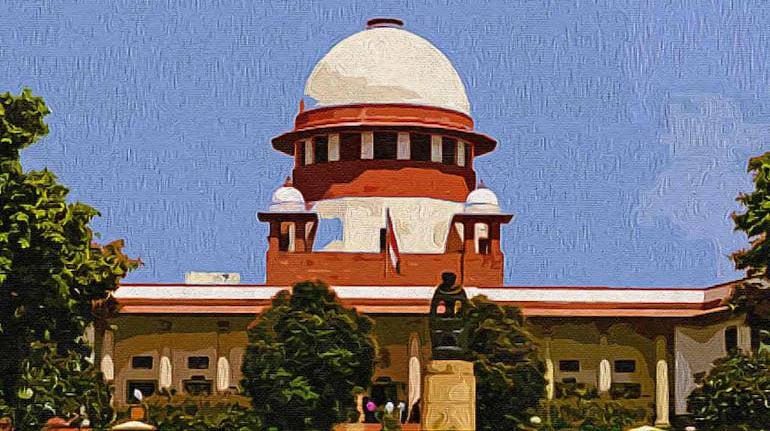
The Supreme Court of India has offered a face-saver solution to all stakeholders in the long-pending loan moratorium interest waiver case.
The apex court has permitted the waiver of interest-on-interest or the compound interest for all borrowers during the six-month loan moratorium period. But, at the same time, the apex court has refused to waive off the complete interest amount or extend the loan moratorium benefit.
According to the legal news website, BarandBench, SC has rejected pleas for further reliefs over and above the packages already offered and prayer for sector-wise reliefs provided by RBI.
This is a middle path on the tricky issue--and a less costly one.
The cost part
The burden of a complete interest waiver on the banking system was estimated to be around Rs 6 lakh crore. This would have been a shocker for a fiscally constrained government or a capital-starved banking system to absorb.
But, compared with this, the burden of waiving the interest-on-interest or compound interest (which the SC terms as penal interest), will be only around Rs 15,000 crore, as per an estimate by Brokerage firm Macquarie. Also, banks have already refunded the compound interest paid by borrowers with loans below Rs 2 crore. So, only the remaining now remains to be paid.
What this essentially means is that the burden of an interest-on-interest waiver will be far less compared with the cost of waiving the total interest component. This burden will be mostly absorbed by the government. An expert panel appointed by the government to examine the issue was of the view that the government should bear the burden.
An ‘Aatmanirbhar’ interest waiver solution?
And what does the government bearing the burden of the interest-on-interest actually mean? It means money will have to come from the pockets of the average taxpayers. If that happens, what ultimately started as a COVID relief measure by the RBI will eventually become a taxpayer-funded interest waiver exercise. They will have to be ‘Aatmanirbhar’ (self-dependent) to save themselves from the additional cost of interest waiver.
To be sure, there was no justification for the Court to ask banks to waive the entire interest rate component during the moratorium period. The moratorium scheme was conceptualised and implemented as a crisis-response measure.
It was clearly stated that banks will be only deferring EMIs for the said period, not waive off the loan or interest amounts. So, RBI and banks have a valid argument to state that it is within the rights of banks to charge interest on the deferred EMIs from the borrower.
Our Banking Central Column, published on September 21, had pointed out why the SC was unlikely to waive off the total interest amount but may stick to the waiver of compound interest.
“It is fair to expect that considering the opposition from the RBI and the government, the SC may stop short of ruling for a total waiver. The court could limit its view suggesting that compound interest, or interest-on-interest, shouldn’t be charged to the borrower as it amounts to a penalty. That suggestion is evident from the court’s observations so far,” the column stated.
This is exactly what has happened today going by the judgment of the Supreme Court. It has refused a total interest waiver but part relief.
“We have considered reliefs independently. Waiver of complete interest is not possible as banks have to pay interest to account holders and pensioners," the court said.
At the same time, the court stressed that the compound interest waiver should be given to all.
“There is no justification for waiving compound interest only on loans of up to Rs 2 crore. There shall be no interest on interest or compensation interest during moratorium period, irrespective of the loan amount. If any such amount has been collected it shall be refunded,” the SC said on Tuesday.
More importantly, beyond the compound interest waiver part, the SC has not meddled with turf of the RBI and the government on the loan moratorium issue. It has left the decision to the government and the RBI. “What is an economic policy or what will be financial package be will be decided by the Centre and RBI after detailed consultations,” the SC said.
With the SC ruling, the long legal tussle on the interest waiver debate has come to an end. With the government agreeing to bear the burden of compound interest waiver, the ultimate burden of this exercise will fall on the average taxpayer. In that sense, the SC has given an ‘Aatmanirbhar’ interest waiver solution.
Discover the latest business news, Sensex, and Nifty updates. Obtain Personal Finance insights, tax queries, and expert opinions on Moneycontrol or download the Moneycontrol App to stay updated!